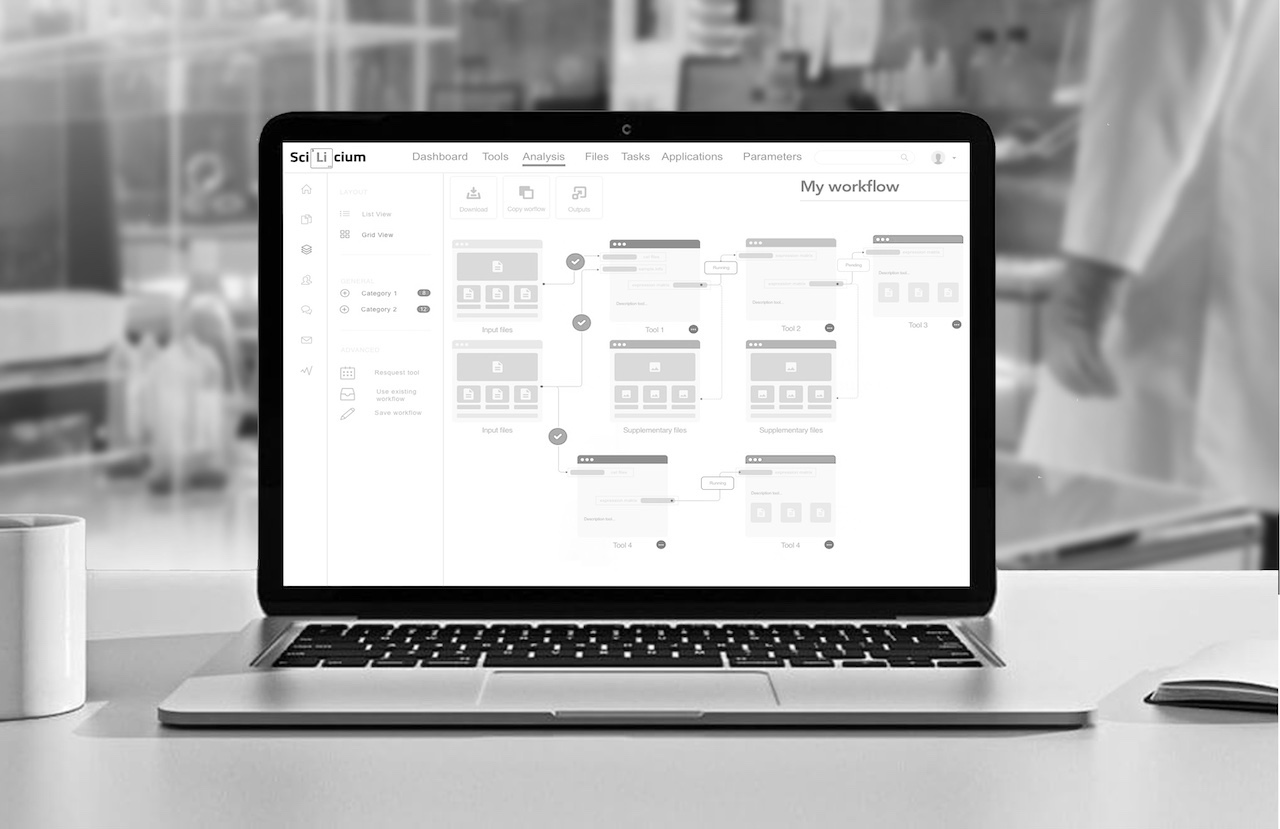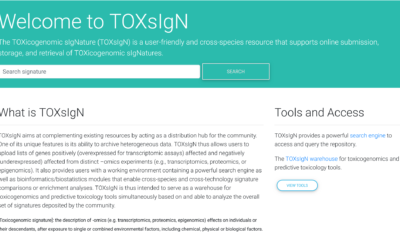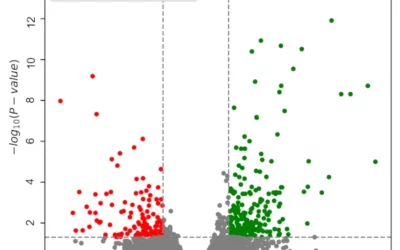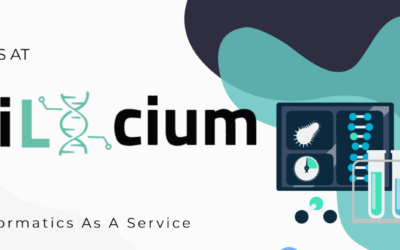What You Need to Know About Hiring a Bioinformatics Consultant
…and all the questions you’re afraid to ask
As technology advances, we are able to solve problems that were previously unsolvable. One such problem is data analysis in the field of biology. That’s where bioinformatics consulting comes into play. If your company is considering bioinformatics consulting, you may wonder what these services entail. Bioinformatics is the application of computer science and technology to the management and analysis of biological data. A bioinformatics consultant, then, applies their skills to help biologists solve problems. In this blog post, we’ll answer some common questions about bioinformatics consulting so that you can make an informed decision about whether or not it’s right for your company.
What are bioinformatics consulting services and what do they offer?
The field of bioinformatics is at the intersection of numerical sciences (computational science and mathematics) and life sciences (biochemistry, biology, microbiology, ecology, epidemiology). There is a growing need for computational approaches to manipulate, store, visualize, and analyze the increasingly large amount of data generated by life scientists about genomes, biomolecules, organisms, their interactions, and evolution. Bioinformatics plays an important role in this regard. Bioinformatics contributes significantly to biomedical research as well. Technology advancements such as next-generation sequencing (NGS) will lead to a greater role for bioinformatics in the future.
Bioinformatics consulting services offer a variety of services that can assist you in managing and analyzing large genomic datasets during the analysis process. As part of their services, they can assist you with data management, sequence alignment, genome assembly, and a lot more. Also, they can assist you with the design of studies and the analysis of data so that you can answer biological questions.
SciLicium is a bioinformatics consulting company that provides basic, standard, or advanced services for the analysis of “omics” data collected with different technologies (DNA chips, single-cell RNA-seq, 3′-5′ sequencing, metagenomics, etc.).
SciLicium offers workflows and web app development services based on your needs and your scientific question. We design databases, integrate and visualize complex genomic data resulting from your research, and maintain your services for years to come.
What are the benefits of using bioinformatics consulting services?
Typically, bioinformaticians provide data-related consulting services to non-bioinformaticians. Bioinformatics consultants will likely spend a large amount of time analyzing data in order to provide a comprehensive analysis to a variety of clients, but their role goes much further than just analyzing data.
The scope of bioinformatics consulting goes beyond developing and applying bioinformatic tools:
- assisting researchers in planning high-throughput experiments;
- planning grant applications based on data analyses;
- developing a schedule and cost estimate for planned analyses;
- review and train researchers on the use of data analysis pipelines;
- writing bioinformatics method descriptions for scientific publications;
- interpreting bioinformatics results for researchers.
This is the reason why bioinformatics consulting tends to be heavily focused on facilitating insights between non-bioinformaticians and bioinformaticians, instead of staring at a computer screen for hours on end. It is possible in an academic environment to provide this type of service to an academic PI by a computational collaborator who is very involved in the project as well as a co-PI or postdoc who has many years of experience in bioinformatics.
This is the reason why bioinformatics consulting tends to be heavily focused on facilitating insights between non-bioinformaticians and bioinformaticians, instead of staring at a computer screen for hours on end. It is possible in an academic environment to provide this type of service to an academic PI by a computational collaborator who is very involved in the project as well as a co-PI or postdoc who has many years of experience in bioinformatics.
Omics: our bioinformatics consulting expertise
Today, molecular data are produced in mass, posing considerable challenges for their analysis. A variety of omics data can be used to capture information about biological processes occurring at different scales within the cell. These omics data describe, for instance, gene expression (transcriptome), protein abundance (proteome), and DNA methylation (methylome), which can be obtained from populations of cells, or even from single cells in the case of recent technological advances.
It is possible to analyze these data independently using specialized bioinformatics tools. To do so, SciLicium offers three levels of Multi-omics data analysis:
Basic
This is the first level of our bioinformatics consulting services available through SciLicium. When it comes to omics data, we can help you if you want to dig into it right away without having to spend a lot of time standardizing and checking the data for quality control and standardization.
SciLicium uses standardized and tailored procedures in order to preprocess your data in a timely manner. As a part of this step, we will verify the quality of your samples and the sequencing of your samples. We will then begin the tedious process of the detailed analysis.
Standard
After ensuring that your data is of the highest quality, SciLicium will then proceed with the second step of its involvement in your project: a standard analysis of your results. At this point, you’ll want to go ahead and start answering a few questions in order to move on to analyzing the data. Unfortunately, you don’t possess the necessary knowledge of bioinformatics or biostatistics to answer your questions. With SciLicium, you can perform appropriate statistical analyses identifying events of interest, classifying these events, and identifying biological functions statistically associated with them.
Advanced
Advanced analysis is the third tier of SciLicium participation in your project. The purpose is not just to analyze your data, but also to involve SciLicium in the exploration and interpretation of your results on a much deeper level.
With SciLicium, you can leverage several exploratory statistical approaches, predictive models, and multi-omics integration techniques to extract the primary substance of your data, including related information (clinical, therapeutic, etc.).
Hopefully, as you plan your next omics project, you’ll be more inclined to consult with a bioinformatician! Check out our bioinformatics consulting services and find out more about the benefits of consulting with bioinformatics experts. We are happy to discuss your next project with you directly, so feel free to contact us or leave a comment below.





0 Comments